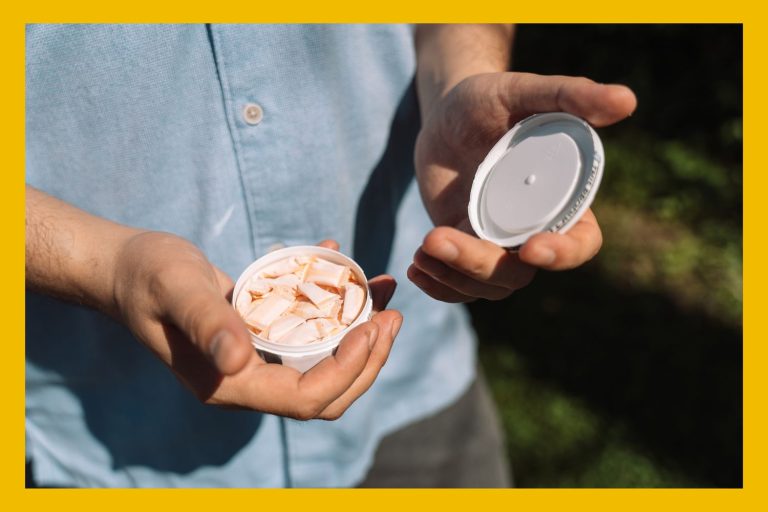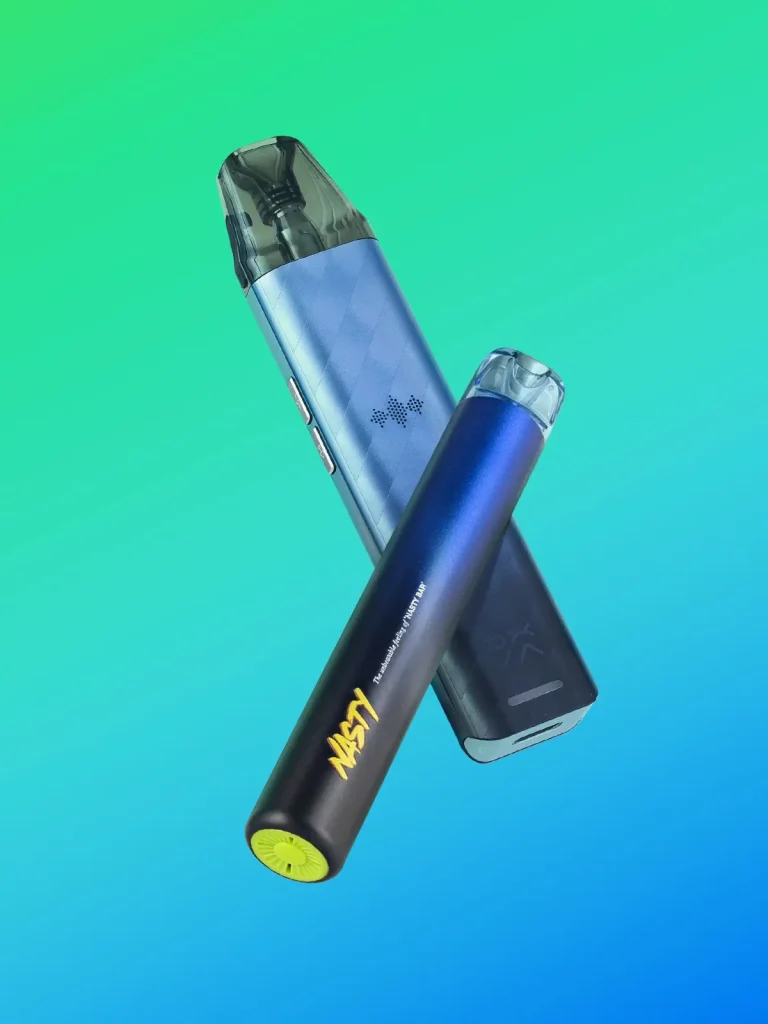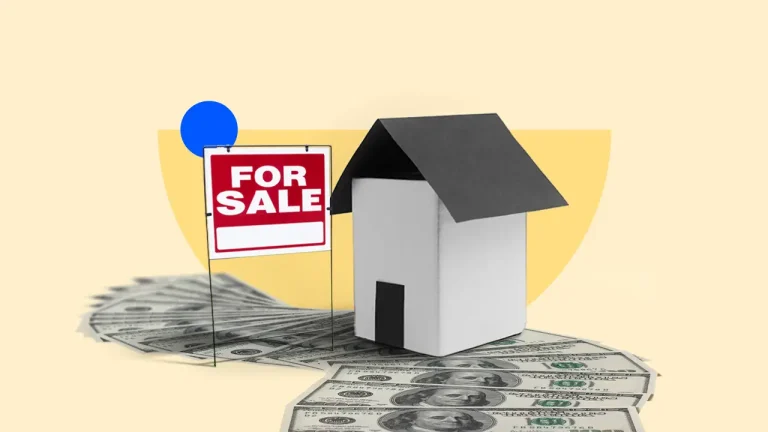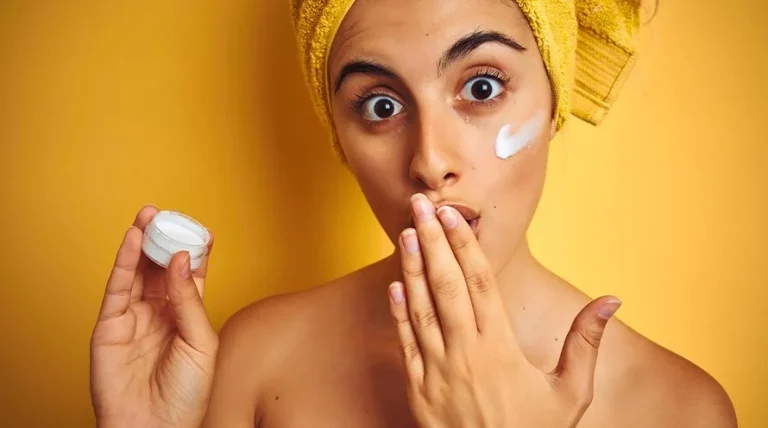CBD and THC have a variety of interactions with our bodies. One of the main techniques is to duplicate and improve the impacts of “endocannabinoid thc,” which are chemical components in our systems that resemble those present in the found marijuana. The “endocannabinoid system,” as described by scientists, is made up of these “endocannabinoid systems.”
The revelation of endocannabinoids has improved our knowledge of health and disease significantly. It has big ramifications for almost every field of science and medicine and helps to explain why and how CBD and THC are such flexible compounds – and why, despite their illegal status, cannabis is such a commonly consumed plant.
The endocannabinoid system regulates a wide range of bodily processes that affect our daily lives, including our mood, energy level, gumption, immune action, blood pressure, bone mass, glucose homeostasis, and how we perceive pain, stress, and hunger. What occurs if the endogenous cannabinoid system malfunctions? What are the consequences of an endocannabinoid system that is chronically deficient or overactive? In a nutshell, disease.
Modern science has discovered that the cannabinoid receptor system is accountable for depressed mood in almost all illness conditions. According to Pal Pacher & Roger Kunos of the National Institutes of Health (NIH), “modifying cannabinoid receptor system’s function may well have curative impacts virtually in all illness-causing humans” in a 2013 publication.
CBD and THC can slow or stop disease progression by modifying the endocannabinoid system and increasing endocannabinoid tone.

CBD THERAPEUTIC
CBD’s healing potential has sparked a lot of interest, and for good reason.
However, it wasn’t until June 25, 2018, that the United States Food and Drug Administration (FDA) approved Epidiolex, the almost pure pharmaceutical CBD clarification, as a therapy for two severe pediatric neurological conditions, as well as Dravet sickness and Lennox-Gastaut condition.
Since the peak of the moral panic era, or Eighty decades ago, when “cannabis” was decriminalized and instead utilized as a medicine, the national govt had not officially endorsed a cannabis item.
In response to the FDA’s landmark decision, the Drug Enforcement Agency (DEA) announced on September 2018 that Epidiolex had been removed from Schedule I, a classification reserved for dangerous drugs with no medical value. Epidiolex would now be classified as a Schedule V drug, the least dangerous classification under the controlled substance act. Epidiolex was later “descheduled” by the DEA, which removed it from the federal government’s controlled substance list. We can get a good CBD store like Cheef Botanicals











